Reiki is a Japanese healing technique that is based on the concept of channeling energy to promote physical, emotional, and spiritual healing. The word “Reiki” is made up of two Japanese words: “rei,” which means “universal,” and “ki,” which means “life force energy.” This energy is believed to flow through all living things and is essential for maintaining health and well-being.
Reiki is based on the principle that when our energy is balanced and flowing freely, we are healthy and vibrant. However, when our energy is blocked or disrupted, we may experience physical, emotional, or spiritual symptoms such as pain, anxiety, or depression. Reiki practitioners use their hands to channel energy to the recipient, promoting relaxation and stress reduction, and facilitating healing.
The history of Reiki can be traced back to the early 20th century in Japan, where it was developed by a man named Mikao Usui. Usui developed a system of healing that combined traditional Japanese techniques with his own spiritual practices. Today, Reiki is practiced all over the world and has become a popular complementary therapy for a variety of conditions.
How Reiki Works
Reiki is based on the concept of energy, which is believed to flow through all living things. This energy is often referred to as “life force energy” or “chi.” When this energy is flowing freely and in balance, we are healthy and well. However, when our energy becomes blocked or disrupted, we may experience physical, emotional, or spiritual symptoms.
During a Reiki session, the practitioner uses their hands to channel energy to the recipient. The practitioner places their hands on or near the recipient’s body, working to clear any blockages or disruptions in the energy flow. Reiki is a gentle, non-invasive therapy that can be used alone or in conjunction with other medical treatments.
Benefits of Reiki
Reiki has been shown to have numerous potential benefits for the body, mind, and spirit. Some of these benefits include:
- Stress reduction: Reiki is often used to promote relaxation and reduce stress. Studies have shown that Reiki can help to lower cortisol levels, the hormone associated with stress.
- Pain relief: Reiki has been shown to be effective in reducing pain and discomfort in individuals with chronic conditions such as fibromyalgia, arthritis, and cancer.
- Improved sleep: Many people report that they sleep better and more deeply after receiving Reiki. This may be due in part to the relaxation and stress relief that Reiki provides.
- Enhanced immune function: There is some evidence to suggest that Reiki can boost immune system function. This may be especially beneficial for individuals with chronic illnesses or autoimmune conditions.
- Emotional healing: Reiki can help to release emotional blockages and promote a sense of well-being and inner peace. This can be especially helpful for individuals dealing with anxiety, depression, or other emotional issues.
- Spiritual growth: Reiki can be a powerful tool for spiritual growth and self-awareness. By helping to remove blockages and promote balance, Reiki can help individuals to connect with their inner selves and their spirituality.
How to Get Started
If you are interested in experiencing the benefits of Reiki, there are a few steps you can take to get started:
- Find a qualified practitioner: Look for a Reiki practitioner who has been trained and certified in the practice. You can search for practitioners in your area online or through local directories.
- Schedule a session: Once you have found a practitioner, schedule a Reiki session with them. During your first session, the practitioner will likely ask you some questions about your health and well-being to help tailor the session to your needs.
- Prepare for your session: Wear comfortable, loose-fitting clothing and remove any jewelry or accessories that may interfere with the session. You may also want to bring a light blanket or cushion for added comfort.
- Relax and let go: During the session, the practitioner will use their hands to gently touch or hover over different areas of your body. You may feel sensations such as warmth, tingling, or relaxation. Simply relax and let go of any tension or stress.
- Follow up: After your session, the practitioner may recommend some self-care practices to help you maintain the benefits of Reiki. This may include meditation, journaling, or other relaxation techniques.
Conclusion
Reiki is a gentle, non-invasive healing practice that can help to promote physical, emotional, and spiritual well-being. Whether you are looking to reduce stress, manage pain, or promote overall health, Reiki may be a valuable tool to add to your wellness routine. If you are interested in trying Reiki, be sure to find a qualified practitioner who can guide you through the process and help you experience the benefits of this ancient healing practice.
Image by Jürgen Rübig from Pixabay
Healing
-

Massage Can Heal You – Why You Should Get One Today
Massage therapy is an ancient practice that involves manipulating the body’s soft tissues to promote relaxation, alleviate pain, and enhance overall well-being. With its therapeutic benefits and soothing effects, massage has become increasingly popular as a complementary therapy in modern healthcare. In this comprehensive article, we will explore how massage works, why it is effective,…
-

The Vital Role of Healing in Dementia Care: Promoting Well-being and Quality of Life
-

The Art of Sound Healing – How to Use Vibrations for Wellness
-

Understand Reiki and The Healing Benefits of Energy Work
-

Why Affirmations Work and Examples of Powerful Affirmations
-

The Power of Affirmations for Improved Mental Health
-

Heal Your Mind: What is it and How to do it?

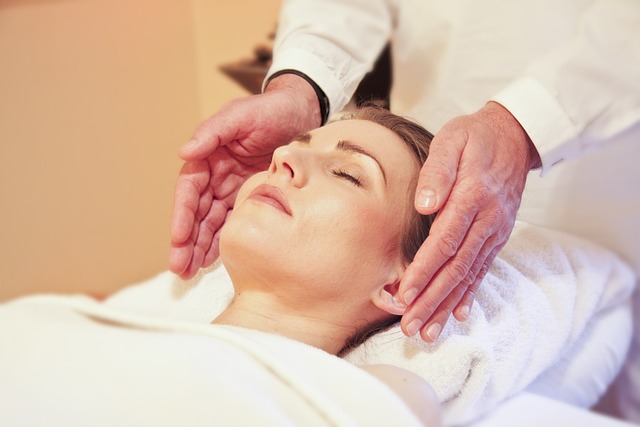
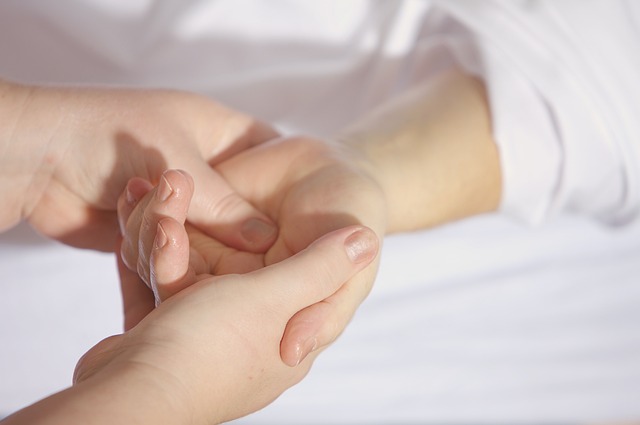

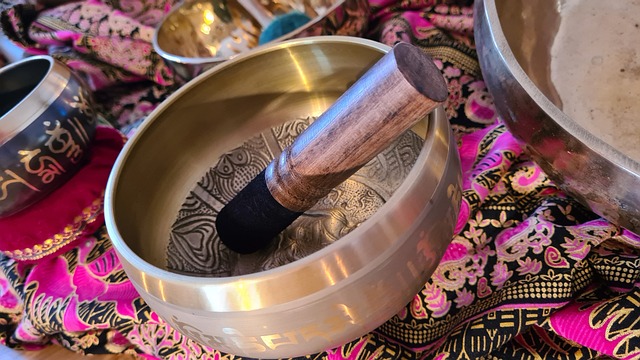
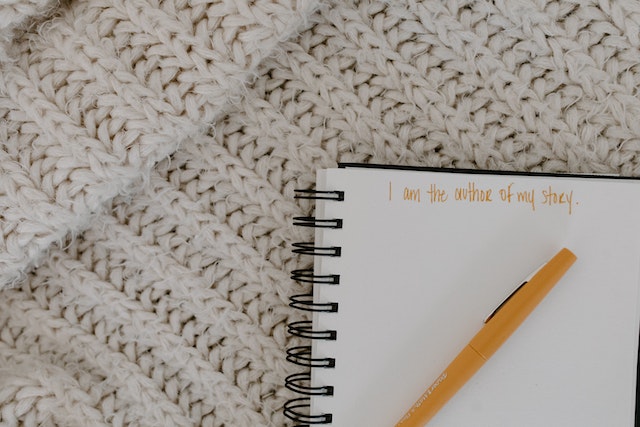
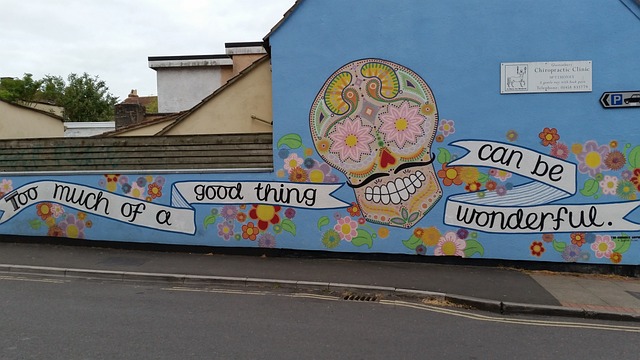

Leave a Reply